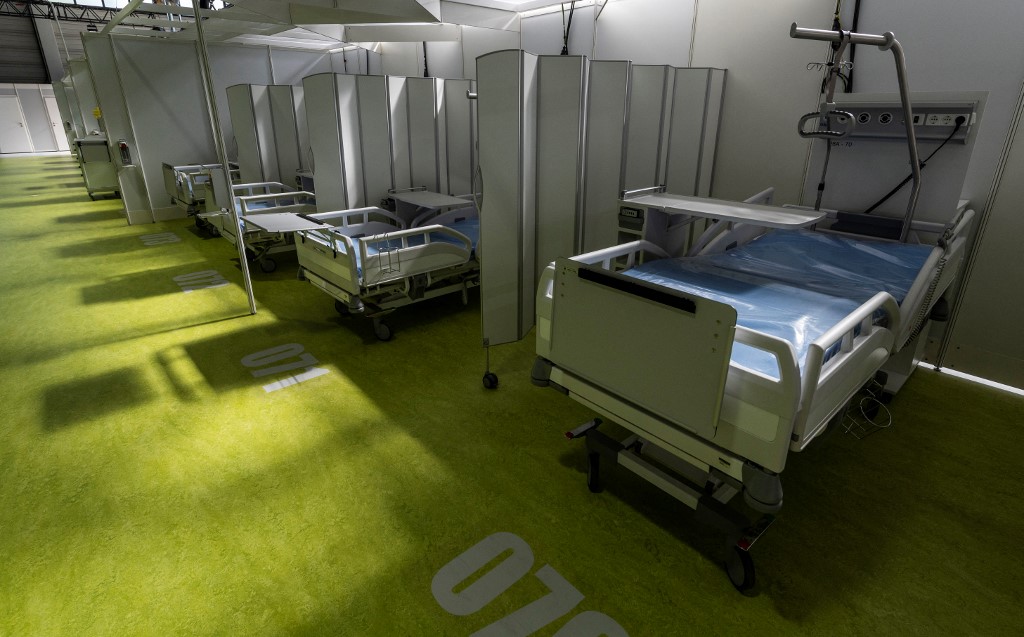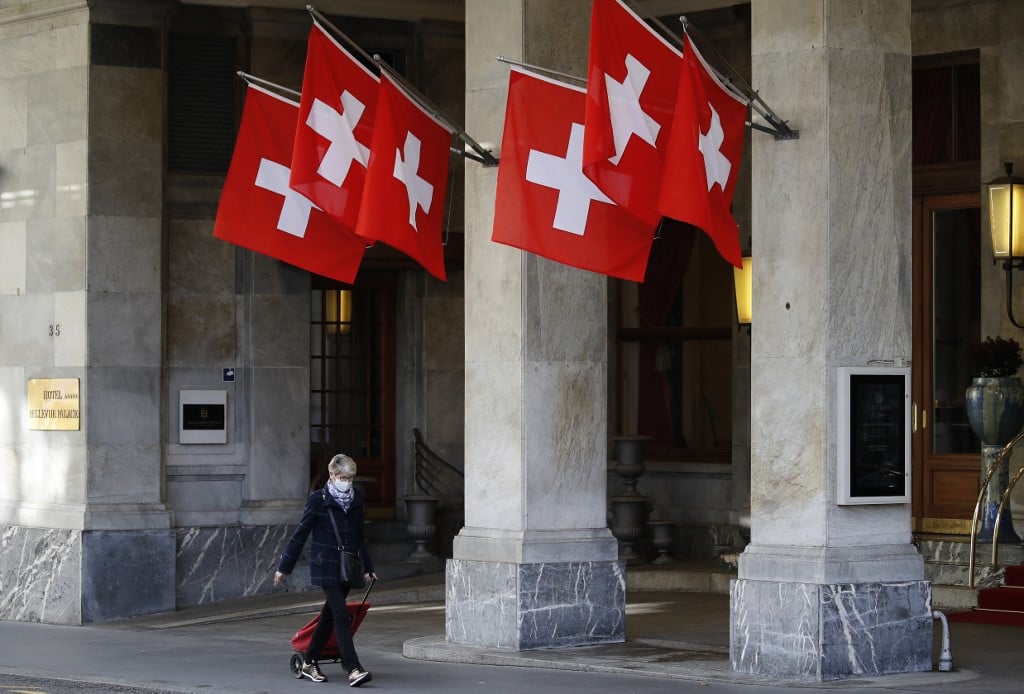Morocco suspends all flights to Switzerland
The decision, aimed at curbing the number of infections with coronavirus mutations, went into force on February 22nd and will be in effect of 15 days, Switzerland’s Department of Foreign Affairs (EDA) said in a statement.
Out of the total population of 37.4 million, only 24 cases caused by the English variant have been isolated in the North African country so far.
In Switzerland, with a population of 8.6 million, more than 7,700 cases of virus variants have been identified until February 22nd, according to Federal Department of Public Health.
EDA added that arriving in Switzerland via France or Italy is possible for Swiss nationals or holders of a residence permit, provided they comply with the restrictions currently in force in these countries. For France, they must complete and sign this certificate. (Tick the box “Transit de moins de 24 heures en zone internationale”).
Swiss laboratory launches tests for coronavirus variants
The Geneva-based diagnostics company Unilabs is launching a Covid-19 test that can also determine the coronavirus mutations.
The test kit is currently only in use at Unilabs throughout Switzerland.
In contrast to other tests, it can evaluate two parameters at the same time: in addition to the coronavirus positivity, the presence of specific variants such as the British, Brazilian and South African strains can also be determined.
READ MORE: EXPLAINED: How does Switzerland’s mass testing scheme work?
Less coronavirus cases in intensive care units in Swiss hospitals
Unlike the fall of 2020, when hospitals in many regions of Switzerland were at their full capacity, right now their occupancy rate is just over 63 percent, new data from the Federal Office of Public Health shows.
Of those, most cases (47.9 percent) are not related to Covid, while only 20.4 percent are patients infected with coronavirus.
Free beds constitute 31.7 percent of the country’s total bed capacity.
These numbers show that the overall epidemiological situation in Switzerland has improved, putting significantly less pressure on healthcare facilities.

Swiss hospitals have more free beds now than last fall. Photo by AFP
Ticino authorities green-light new amendment on Swiss citizenship for welfare recipients
The amendment to the existing law will define reimbursement conditions for welfare benefits that foreign nationals living in the canton received in the last 10 years.
This relates to the 2018 law that allows applicants who received social assistance to apply for citizenship if the money is paid back in full.
Prior to 2018, immigrants who were on public assistance were excluded from the naturalisation process.
In case of Ticino, the law didn’t specify reimbursement criteria, so the amendment was needed to provide clarity, legislators said.



 Please whitelist us to continue reading.
Please whitelist us to continue reading.
Member comments